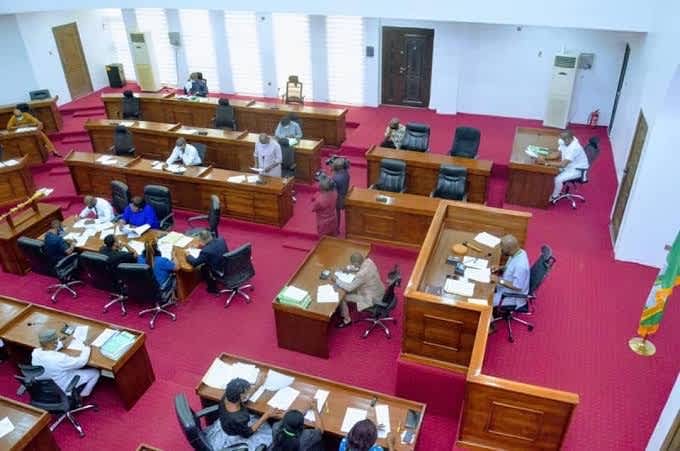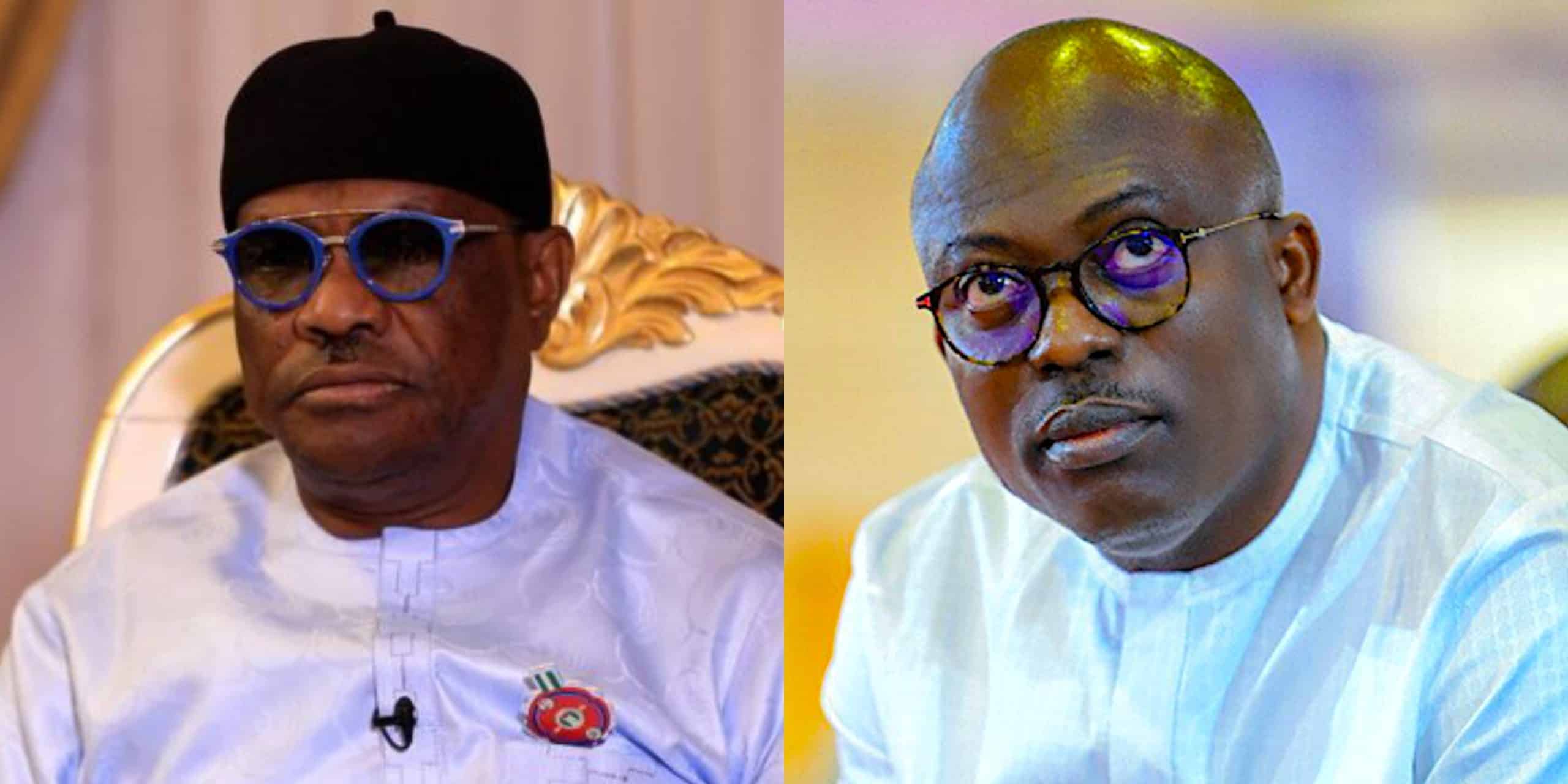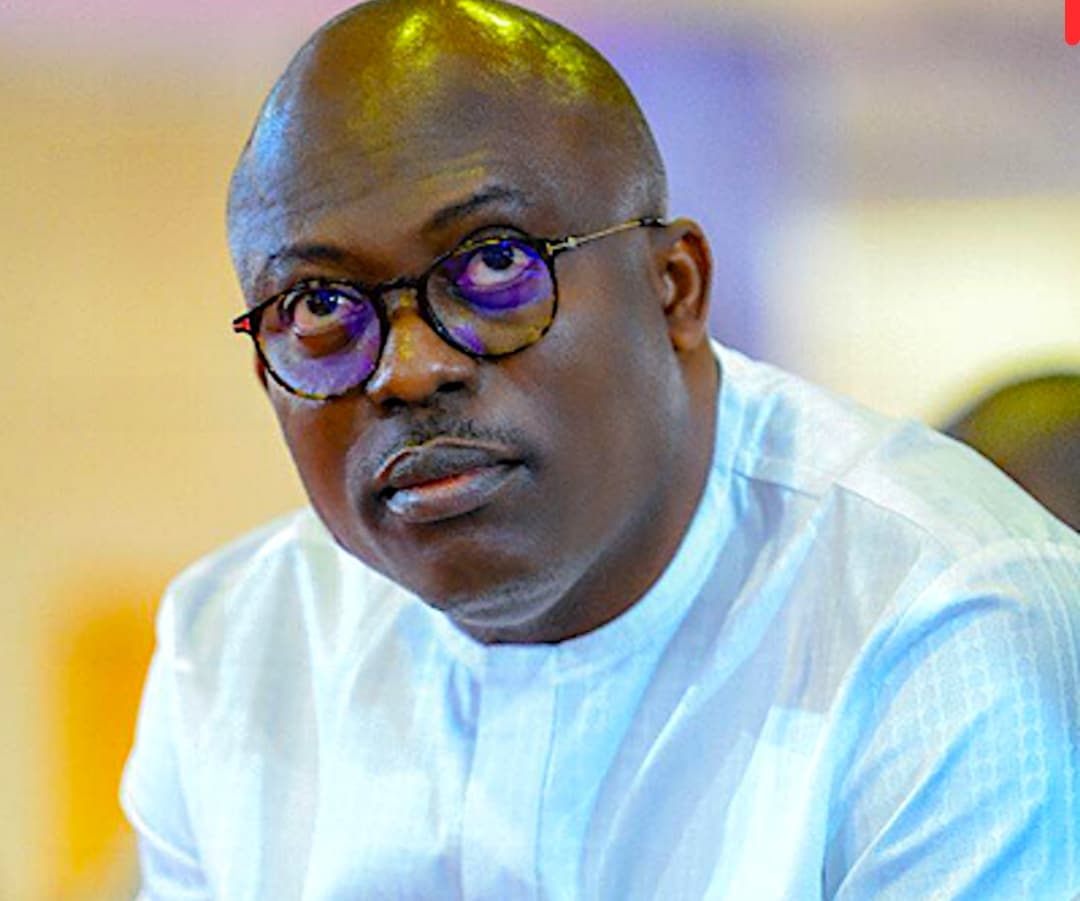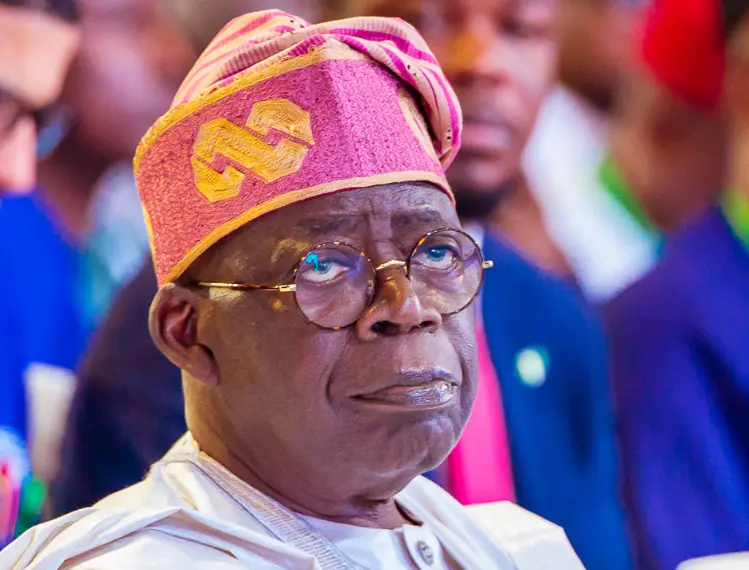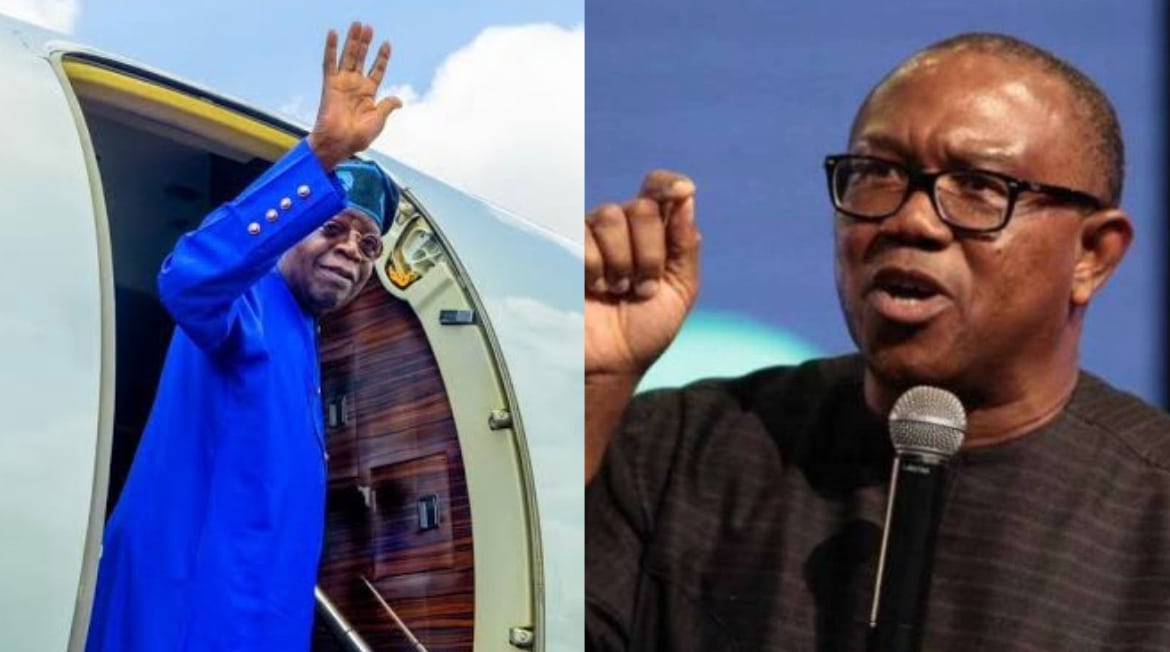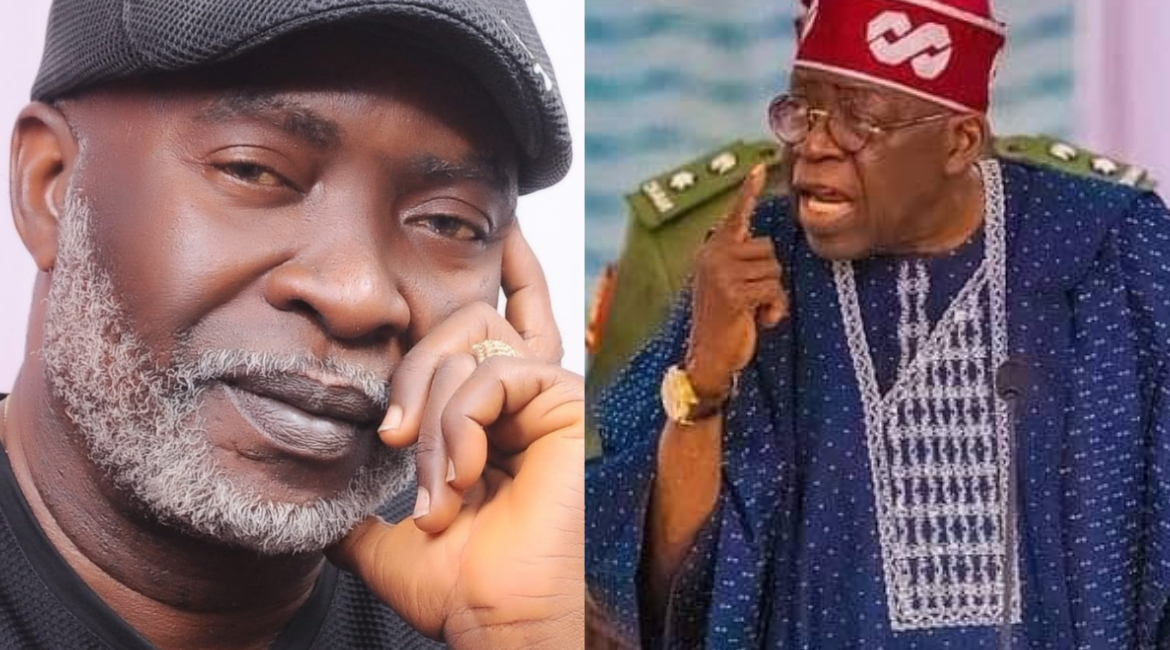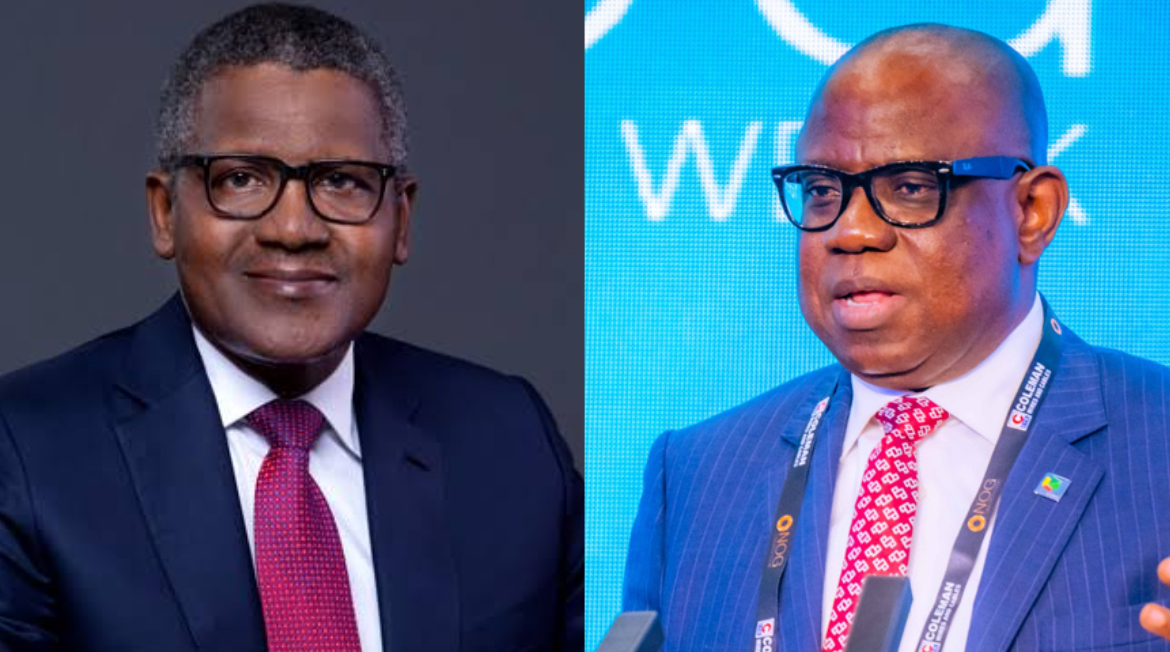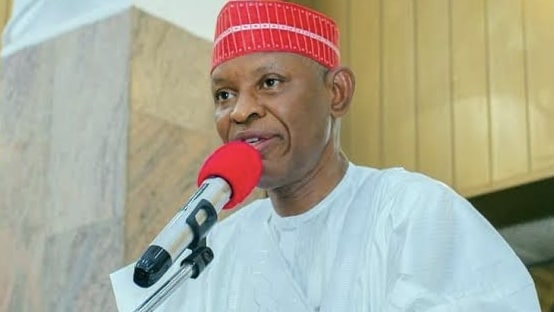Since Nigeria returned to democracy in 1999, several state governors have been forced out of office before the end of their tenure.
Their removal often came through impeachment, court rulings, or emergency rule, showing how politics, corruption scandals, and security crises have shaped leadership across the states.
In Bayelsa State, Diepreye Alamieyeseigha, who became governor in 1999 and won re-election in 2003, lost his position in 2005.
He was impeached by the state assembly after being accused of corruption and money laundering.
His arrest in London and mysterious return to Nigeria made his removal one of the most talked-about events of that period.
Oyo State faced its own crisis in 2006 when Governor Rashidi Ladoja was impeached, and his deputy, Christopher Alao-Akala, took over.
Ladoja later went to court, and after months of legal battles, his impeachment was overturned, allowing him to return to power.
That same year, Ekiti State governor Ayodele Fayose and his deputy, Biodun Olujimi, were impeached following corruption claims tied to the Ekiti Poultry Project.
Fayose went into hiding but later won his case at the Supreme Court, which ruled that his removal did not follow due process.
Anambra State also witnessed drama in 2006 when Governor Peter Obi was impeached after only seven months in office.
He challenged the decision in court and was reinstated, making his case a major test of Nigeria’s constitutional law.
In Plateau State, Governor Joshua Dariye was removed in 2004 after religious violence in the state left many dead.
President Olusegun Obasanjo declared emergency rule, dissolved the state assembly, and appointed retired General Chris Alli as administrator.
Ekiti once again came under emergency rule later in 2006 after Fayose’s removal created further instability.
The legislature was suspended, and retired General Tunji Olurin was appointed as sole administrator.
The most recent case happened in Rivers State in March 2025. Governor Siminalayi Fubara’s clash with his predecessor, Nyesom Wike, paralyzed governance.
President Bola Tinubu declared a six-month state of emergency, suspending Fubara, his deputy, and the entire assembly.
Retired Admiral Ibokette Ibas was then appointed to manage the state during the period of crisis.
These cases remain some of the most notable examples of governors who could not complete their tenure.


